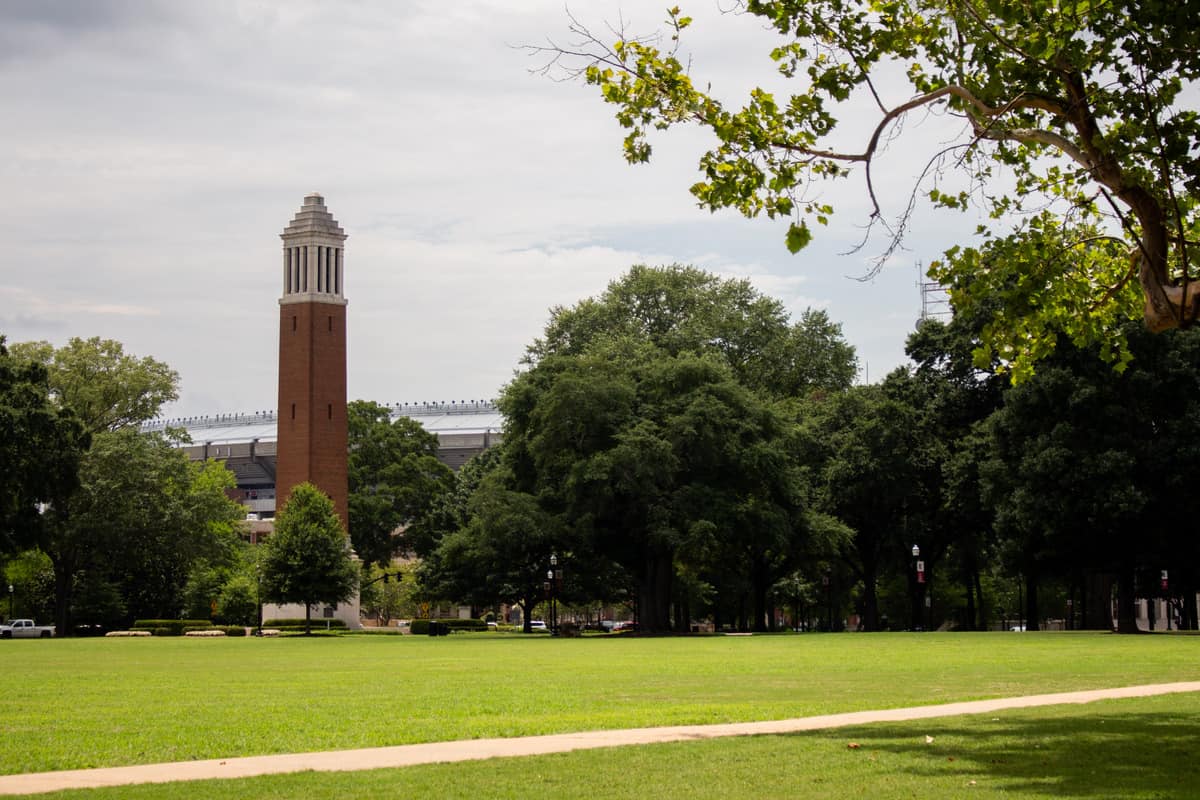The modern American university is a dragon, napping decades away atop mountains of gold. The Ivies and other elite universities sit on tens of billions of dollars they seem afraid to ever spend. Even The University of Alabama has amassed an endowment over $1 billion.
Despite the size of their hoards, elite colleges aren’t accepting more students, tuition rates are still getting hiked up every year and by the time they graduate, many students have become lifetime debtors.
Jacobin columnist Ben Burgis argues that the United States needs to “nationalize the Ivy League.” In 2021, Sen. Tom Cotton, R-Ark., introduced a bill that would have placed a 1% wealth tax on university endowments to fund apprenticeship programs. The bill was read twice and referred to the Committee on Finance.
This righteous anger at elite universities isn’t because experts say “these schools have room to spend more from their endowments.” It’s because universities should be spending their massive endowments to increase class sizes, letting more incredibly qualified applicants attend America’s top schools.
The name of the college you attended carries a lot of weight when trying to get a job. A Rolodex of American CEOs and politicians would be practically indistinguishable from an Ivy League alumni donor list.
Because admission at elite universities is so coveted, the Supreme Court has prevented college admissions offices from accounting for centuries of racial oppression. At the same time, legacy admissions serve as the thinnest possible veneer over classism, plain and simple.
With admissions so cutthroat, diplomas from elite universities become invaluable status symbols. Under the guise of legacy admissions and “holistic” approaches, a select few American universities are abusing their immense resources, their cherished brands and the federal government’s support. In reality, they’re just making sure the children of today’s elites can take on their parents’ mantles tomorrow.
Despite their aristocratic bent, private universities receive massive public subsidies. They pay practically zero taxes on their endowments and all the rest of their property. At no cost to them, the federal government guarantees the loans their students take out to pay tuition.
It’s past time to tell America’s universities that we gave them special privileges and we gave them public money because Americans deserve access to stellar educations. They need to start fulfilling their part of the bargain.
Our goal, however, should be college for all who want it, not college for all. Gov. Josh Shapiro, D-Pa., recently removed college degree requirements from more than 60,000 jobs in Pennsylvania’s state government.
College degrees should be more than hurdles in front of gainful employment, and saying that isn’t undervaluing a college education. Everyone in America being able to go to college if they so desire is a beautiful, and achievable, ideal.
When President Lincoln signed the Morrill Act of 1862, millions of acres of public land were used to fund universities, universities like Auburn and Alabama A&M. To many Americans, these land-grant universities made college available and affordable for the first time. Several land-grant universities didn’t even charge tuition for decades after they were founded.
The Morrill Act’s namesake, Sen. Justin Morrill from Vermont, hoped his bill could prepare Americans “to act well their part in all the spheres of life, to uphold free institutions, and become the bulwarks of republican liberty, law and order.”
As members of the same political community, we have a civic duty to ensure everyone can access higher education, no matter their income or their identity. Taxing Wall Street to eliminate tuition at public universities, as Sen. Bernie Sanders, I-Vt., and progressive Democrats have proposed, would be a great first step. But that first step would have to be followed by many more.
We need to invest in underfunded state schools and community colleges by taxing bloated endowments. Legacy admissions ought to be banned at all universities nationwide, public and private. To end adjunctification, getting public funding should require giving more part-time instructors full-time positions. Trade schools and apprenticeship programs need more public support, and requiring a degree for employment should be discouraged in order to prevent college from being just one more unjustified burden.
College in America is broken. More than that, it’s been broken for decades and is just getting worse. Band-Aids like student debt relief are necessary but can’t fix structural problems, especially when any truly ambitious measures are blocked by juridical fiat.
To fix America’s colleges and universities, the whole parasitic industry has to be radically democratized and reimagined from the ground up. We need to slay some dragons.







